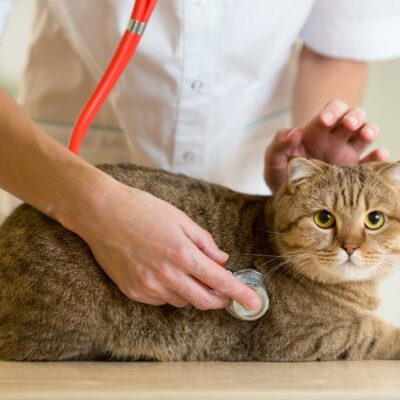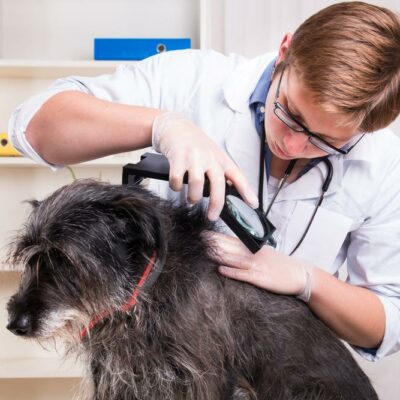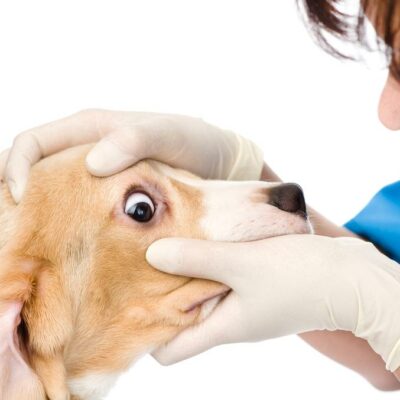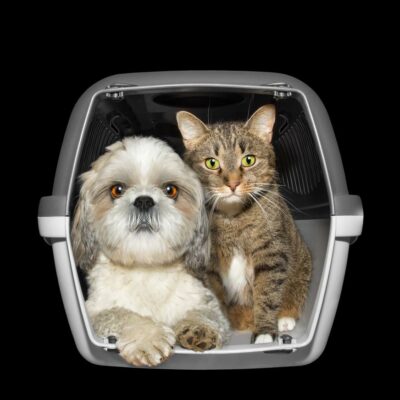
Pet Medicine
Top 8 pet poison myths debunked
Our inquisitive little pets love to check out every new and shiny thing around the house. The problem is that they use their nose and mouth to explore things. As a pet owner, you have to be extra cautious of the things around the house that may pose a threat to your pet. This activity can help keep them healthy and safe around the house. Today, pet owners are more aware than ever before. You may already have a truckload of information on the subject. But it usually becomes difficult to distinguish the real threats from the false alarms. In this article, we would like to debunk the top eight pet poison myths. Myth: It is safe to use human toothpaste on your dog’s teeth. This is one of the most heard of pet poison myths. Fact: Xylitol, an artificial sweetener, is commonly found in human toothpaste. Xylitol can cause a rapid drop in blood sugar and liver failure in dogs. You should check the label of your toothpaste before using it on your dog. However, it is always better to use those toothpaste recommended by your vet. Myth: Cats need milk. Fact: Cats and dogs do not have the ability to break down the lactose content present in milk.
Read More 















